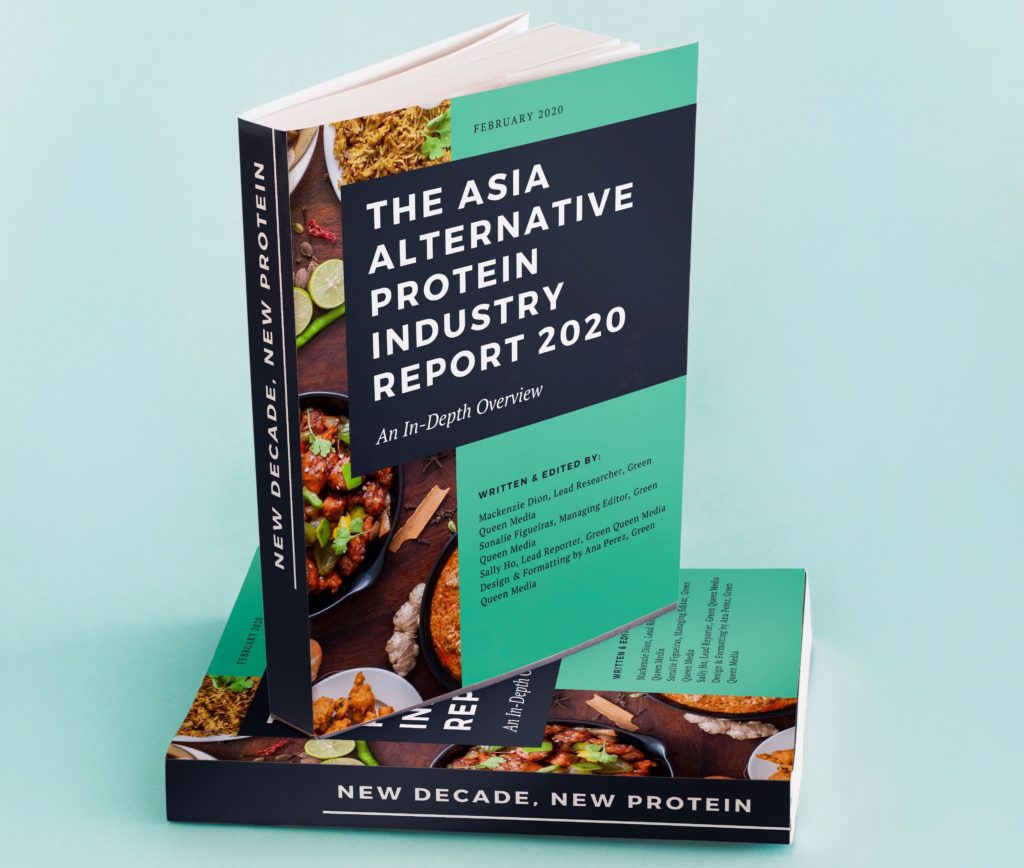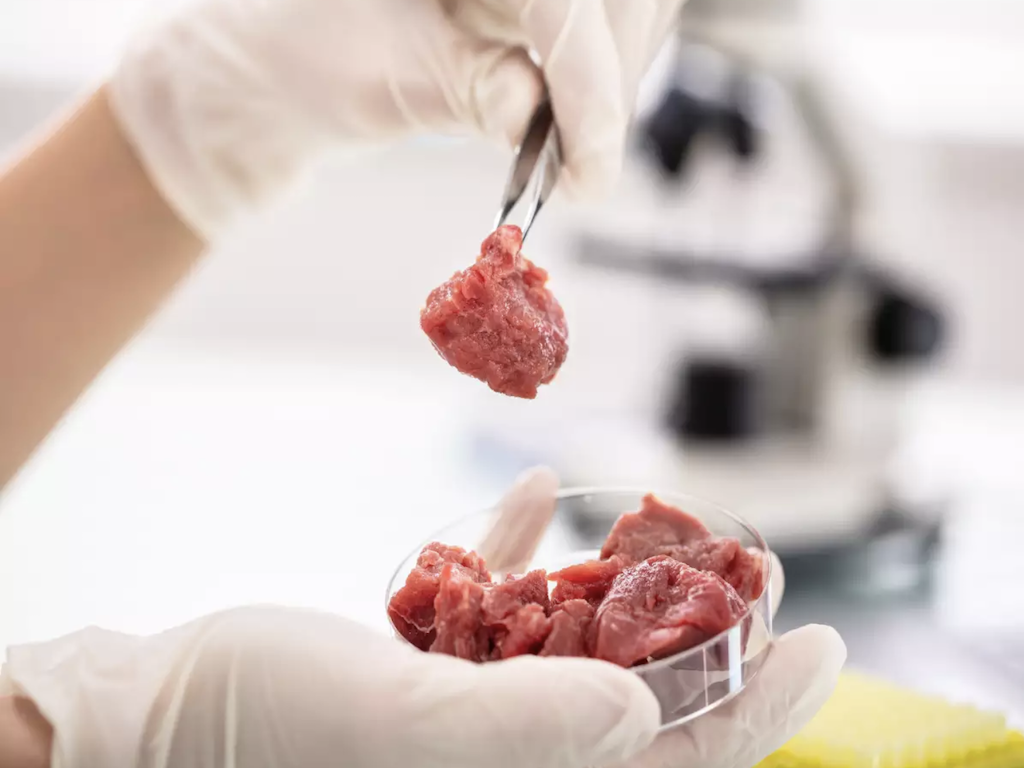3 Mins Read
The world’s top scientists have just been awarded US$4 million for research into plant-based and cultivated meat. The prize was given by the Good Food Institute (GFI) Competitive Grant Program to 21 scientists from 9 different countries, and aims to help overcome the crucial challenges lying ahead to scale-up and improve the alternative protein industry. Ultimately, the GFI grant seeks to underwrite the technological solutions necessary to transform the unsustainable global food system.
US$4 million has just been awarded to a group of 21 scientists from 9 different countries under the GFI Competitive Grant Program for research into plant-based and cultivated meat. The awardees include top biochemists, tissue engineers, computational modelling experts, plant geneticists and food scientists who are working on addressing the “crucial technical bottlenecks” facing the industry.
Some of the work that the scientists will focus on include improving the taste, texture and cost of existing products, and scaling-up improvements to bring innovative food solutions to commercial readiness.
In a statement, associate director of science and technology at GFI, Erin Rees Clayton, said: “If we want to see plant-based and cultivated meat become an integral part of the global food supply, we must fill critical white spaces in research…This funding will enable us to bridge key gaps in alternative protein research, addressing unanswered questions and unmet technological needs.”
The executive director of GFI Bruce Friedrich added that “building a robust foundation of open-access data will enable the entire sector to advance more efficiently and bring plant-based and cultivated meat to the masses.”
Similar conclusions were echoed in a recent alternative protein report focused on the industry in Asia. In the Asia Alternative Protein Industry Report 2020, the authors documented the optimistic outlook for the plant-based and cultivated meat development in the region, but stressed that the emerging food economy will require more support from all business and government sectors into research and development in order to drive much-needed mass consumer change.
Further research into alternative meats will help push the industry towards the path of price parity, mass scale-up and commercialisation of these products, which are far more sustainable than conventional meat. Raising livestock for meat and dairy generates around 18% of global greenhouse gas emissions – more than all transportation combined – and uses around 70% of agricultural land, in the process driving destructive practices such as deliberate deforestation, as well as contributing to biodiversity loss and water pollution.
As the global population continues to grow, so will the demand for protein. Food innovation in the alternative protein space provides breakthrough solutions to the environmental problems associated with animal agriculture, as well as ethical and health concerns. Innovation is already underway in plant-based meat, egg and dairy, which have become increasingly popular as consumers seek out healthier and more sustainable products.
Meanwhile, though cultivated foods have yet to become commercially available, the technology has already proven that growing real meat in labs can eliminate the need for factory farming and its associated antibiotic use, cruel animal slaughtering practices and greenhouse gas emissions.
With the Chinese and Singaporean government showing increasing support for cultivated food technologies, it may well be that commercial sales of cell-based products will be approved in Asia before similar legislation is passed in the United States and Israel, where cultivated products are also being developed.

Want to know more about Asia’s alternative protein space? Download the first in-depth Asia Alternative Protein Industry Report: New Protein New Decade by Green Queen Media here.
Lead image courtesy of Andrey Popov / iStock / Getty Images.




